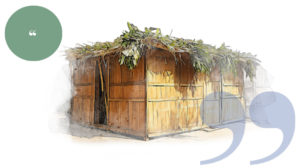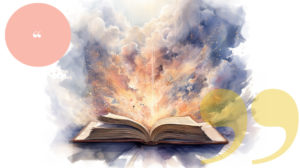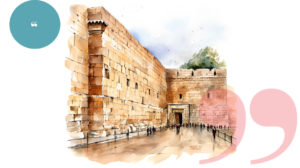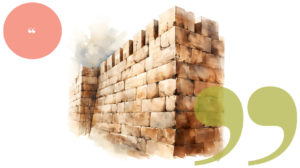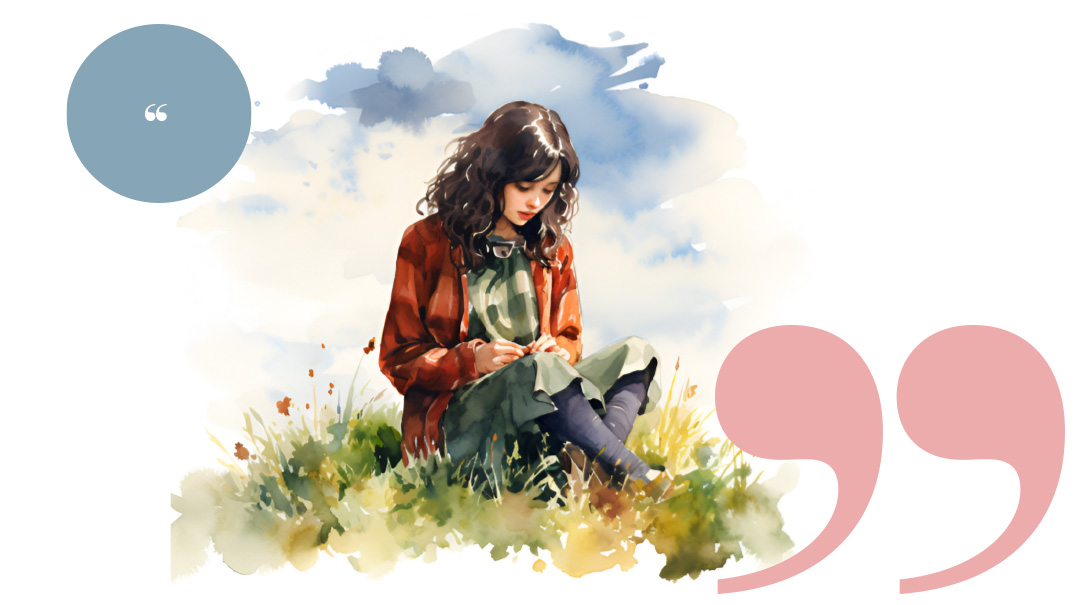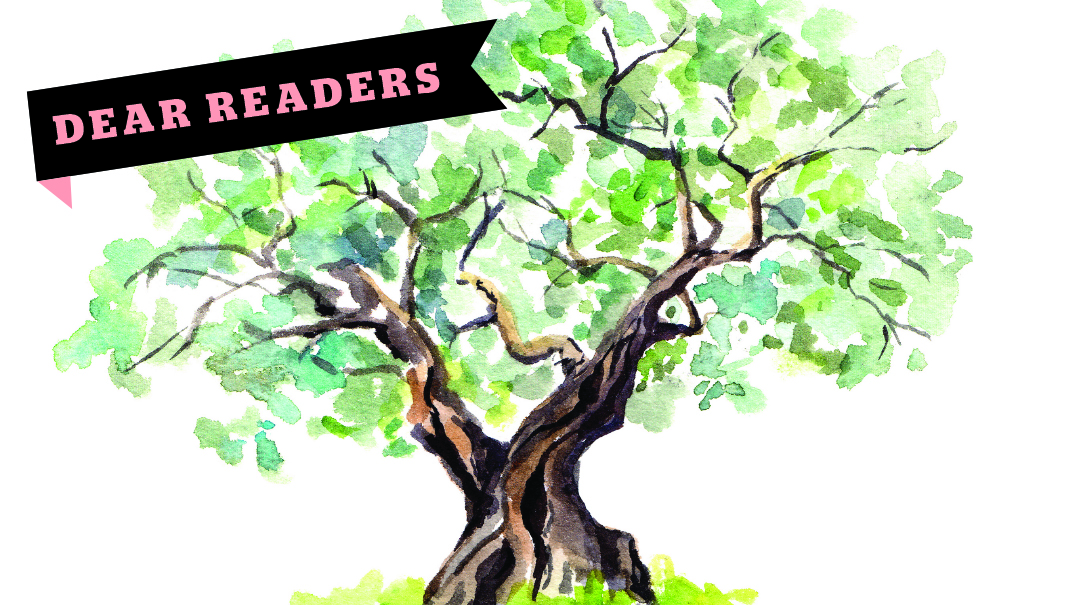Editor’s Letter: Issue 252

Yirmiyahu’s Jerusalem is a mother, like me. But she hasn’t spent the past few hours holding, nurturing, or comforting her children. Her children are gone

Some years, it’s hard to believe that Tisha B’Av is coming. This year it seems only logical. Some years, it’s an effort to turn off the music and tune in to the undercurrent of mourning. This year the thin plaint of loss was amplified to a keening wail long before the month of Av settled in. Some years, I have to read Holocaust memoirs and construct “you are there” scenarios in my imagination to feel the dread of destruction. This year, it’s hard not to sense the air of foreboding.
Still, it’s a challenge to fully experience Tisha B’Av when you’re blessed, as I am, with small children. At night, my boys come home from Eicha with wide eyes and somber faces, their natural exuberance silenced by the experience of a once-bright shul now transformed to a dark cavern with flickering candles. They repeat choice phrases of Yirmiyahu’s lament for me, echoing the tune perfectly even if they don’t understand every word. I see that they’ve touched something real and ageless, and even though it makes no sense, I feel a bit jealous. I’ve spent the last hour conducting a more-or-less standard bedtime routine, feeding the baby, singing the others to sleep. I know this is our national night of mourning, and I want to recreate the images of Eicha in my mind’s eye, but by the time I sit down on my stiff cushion to read through the megillah, the words start running together in a blurry, tired mess.
But even as I shift uncomfortably, trying to balance my back against the couch, there are some phrases that hold the power to transfix. Yirmiyahu’s Jerusalem is a mother, like me. Her role is defined by the children she shelters and loves. But she hasn’t spent the past few hours holding, nurturing, or comforting her children. Her children are gone, their beds empty, their favorite books unread and their toys untouched. She sits alone, knowing that as late as she remains awake, as long as she sits at her post, no one is on their way home.
Most days of the year, Yerushalayim is a vivid city pulsing with life and growth, vibrating with energy, debate and contention. But every now and then, you get a glimpse of the dusty despair behind all that color and action, and you get the sense that it’s a city in mourning, an abandoned, crumbling palace that still remembers its glory days – or an aging, lonely woman waiting for her children to return and redeem her of the aching solitude.
When Tisha B’Av comes, I’ll spend my day balancing Eichah with sippy-cups and the laws of mourning with the baby’s morning routine of Cheerios and milk. And I’ll likely experience my usual frustration, thinking that as a mother of children, I can never fully tune into the tragedy of the Churban. But maybe it’s precisely that role that allows me to feel – for a few moments, at least – the pain of the day.
May we merit replacing our loss and pain with the ultimate joy.
(Originally featured in Family First, Issue 252)
Oops! We could not locate your form.

